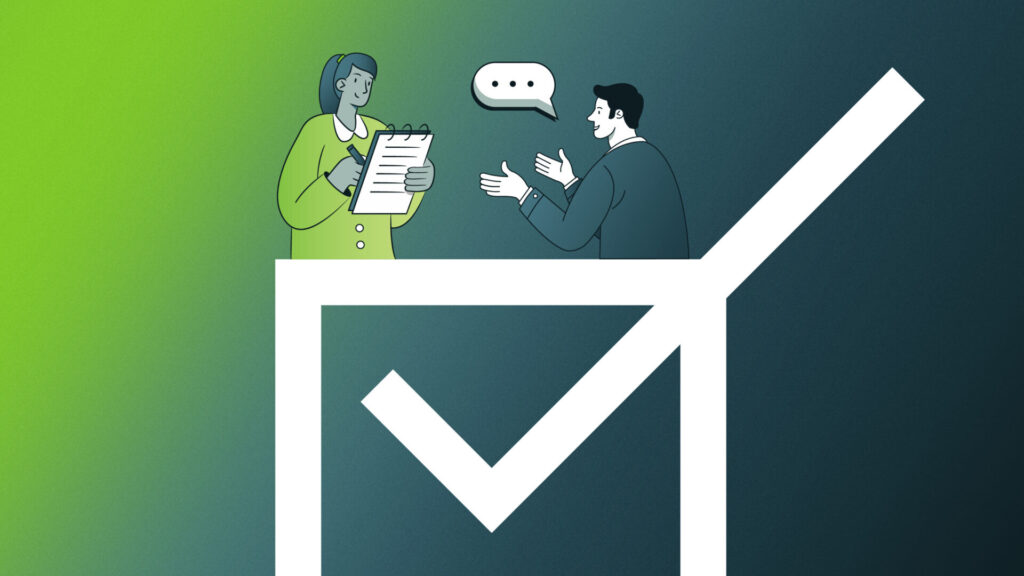Note: This post originally appeared on Inc.com, where Hireology co-founder and CEO Adam Robinson is a regular contributor.
United Airlines faced a variety of scandals in 2017. From a passenger being dragged off a plane to a child being kicked out of a seat, to several pets dying on board, United Airlines needed to figure out a way to improve customer service and reshape its reputation. In fact, United Airlines was just ranked one of the lowest airlines in the U.S. when it comes to customer satisfaction.
What was the main culprit? United Airlines had a toxic work culture that permeated throughout the whole company – and hadn’t changed in three decades, according to CEO Oscar Munoz. And part of the reason for this is, Munoz previously looked to the HR team as merely a last resort to turn to after a problem has already happened.
Now he’s tapping into the HR team as a true partner to improve the company culture as a whole and, as a result, reinforce United Airlines’ commitment to customer service. Here’s how.
Elevate HR to the C-Suite
In late 2017, United Airlines named Kate Gebo EVP of Human Resources and Labor Relations. In terms of seniority, this role is right up there with the president, COO and other C-Suite positions, reaffirming United Airlines’ commitment to elevating the role of HR in its evolving workplace.
Not only can giving HR a seat at the leadership table improve employee relations and satisfaction, but it can lead to stronger connections and relationships between employees and customers, driving improved customer service.
Reshape the Company Culture
During a speech at SHRM in June, Munoz said one aspect of United Airlines’ toxic culture has been letting rules and policies get in the way of putting the customer first — and all too often, simply saying “no.”
To turn its focus back to the customer, United Airlines’ HR team decided to reevaluate its list of priorities and put “caring” right after safety. This shift empowers the entire workforce to think more about the customers’ needs than stringent rules and policies.
Collect Employee Feedback
Since HR started taking a more critical role on the leadership team, a key focus is to now be more intentional about employee feedback. According to Munoz, HR’s role is to “constantly listen and learn,” from collecting formal employee feedback to using casual employee conversations to take action and make changes. When the employee experience continuously improves, employees are more likely to feel motivated to best serve customers.
One example of this dedication to employee feedback in action involves recent changes to United Airlines’ employee bonus structure. In early 2018, the airline announced it was doing away quarterly employee performance bonuses — and instead replacing bonuses with random drawings for prizes like like cash, automobiles, and vacations. While the airline positioned this as a game, it was really a way for United Airlines to save money – and it caused a lot of backlash among employees.
In addition to receiving plenty of unsolicited negative feedback, the United Airlines’ HR team held more than 50 “listening sessions,” where they collected feedback from employees to not only get rid of the random drawings, but continuously improve its bonus and incentives programs. As a result, employees can continue to feel valued as individuals instead of only hoping to get lucky with a lottery.
Is your business making the most of your HR team to support a positive workplace culture and top-notch customer experience? If not, it’s time to make a drastic change before crisis strikes.


